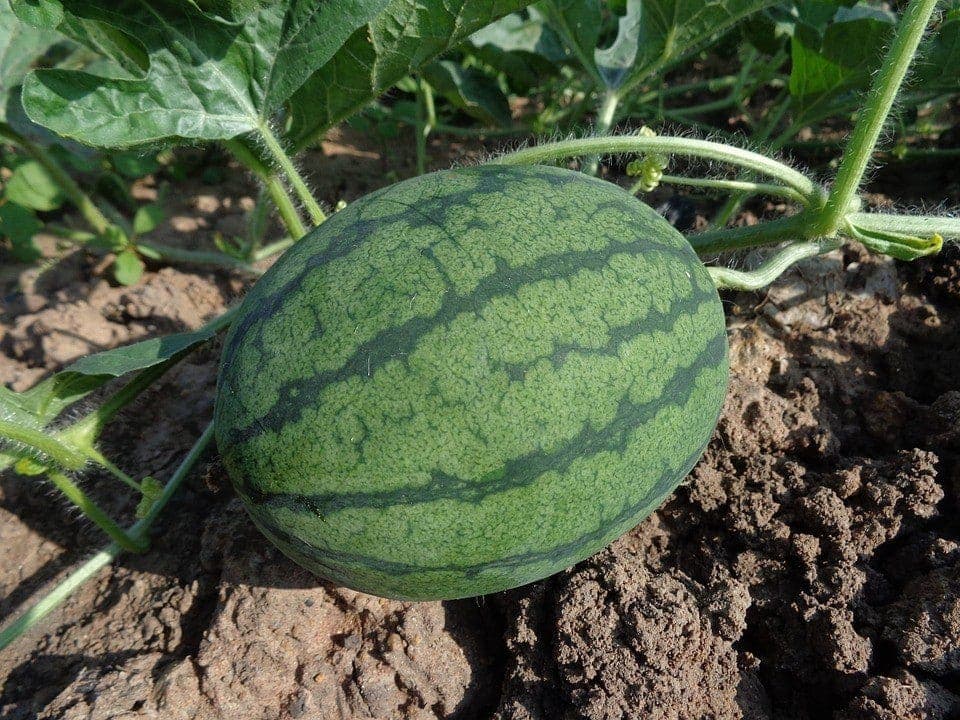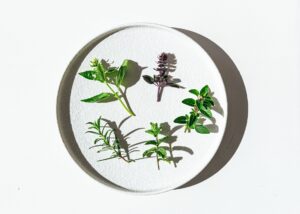Lots of pesticide residues: be careful with these varieties
“Organic vegetables and fruits do not have more vitamins and nutrients than conventional products and are therefore not healthier” – many critics argue like this or similar. And even if organic contains fewer traces of pesticides – there is still a legal limit for conventional products.
The truth about this in my article: Why We Should Only Consume Organic Food. https://vivoterra-world.com/blog/warum-wir-nur-bio-lebensmittel-konsumieren-sollten/
Here I will show you twelve types of fruit and vegetables that are particularly often contaminated with pesticides:
paprika
In January 2017, the Federal Office for Consumer Protection and Food Safety (BVL) published its new report on “Pesticide residues in food”: The investigations that took place in 2017 showed, among other things, that this is in peppers Neurotoxin Chlorpyrifos.
The BVL also found other pesticide residues: 5.5 percent of the 421 paprika samples examined exceeded the statutory maximum. No other vegetable could do that.
So buy peppers in organic quality: Organic farmers are not allowed to use synthetic pesticides. Here you can find out what happens to the EU organic seal has on itself.
Grapes
When it comes to table grapes, you should definitely use organic. The BVL discovered up to 35 pesticides in a single sample – no other fruit or vegetable could top this value. A total of 68 percent of the vines tested were contaminated several times. What this poison cocktail does in the human body has not yet been adequately researched. Who knows nature knowledge – knows what happens in the body.
So buy whenever possible Organic quality . As a study shows, organic products are much less contaminated with pesticides than conventional ones. The fact that plant poison residues also occur in organic products is due to “drifting from conventionally grown crops – uptake from contaminated soil or – contamination during processing”, according to the study.
Currants
89.5 percent of the 218 currant samples tested by the BVL also contained residues from several pesticides – on average, nine out of ten contained residues from two to 18 different pesticides. In addition, over three percent of the samples were above the legal maximum. Those who buy fruit with an organic seal can enjoy them a lot more carefree.
Worry-free snacking? Not with conventional strawberries. Too many fruits hang on the overgrown plants and these are too close to the ground. Only with a lot of chemistry can the berries hold their own against pests. That is why the BVL found residues of various pesticides in almost 80 percent of the 740 samples. So take special care with strawberries – and if in doubt, go for organic.
Another problem: Even if you bought the fruits – if possible without plant toxins and locally – they usually do not last very long. And? You can boil down lots of fruits – just like grandmother did.
spinach
Spinach isn’t the iron bomb it was long thought to be. Even so, spinach often contains a lot of pesticide residues. In 2017, the BVL found dithiocarbamates in 339 samples that are suspected of causing nerve damage, thyroid diseases and cancer. The institute often had to complain about water spinach in particular because it contained more pesticides than allowed.
Cherries
Both sour and sweet cherries appear again and again in reports of high levels of pesticide contamination. According to the BVL, 74 percent of the 345 cherries tested in Germany contain up to 19 different pesticides.
Since cherries are native to Germany, you can use local products during the season.
Apricots
Apricots are also anything but harmless: The BVL found several plant toxins in 69.7 percent of the 122 varieties tested.
In addition, the fruits often have a high Carbon footprint entail: The apricots we eat are mainly grown in Turkey, Uzbekistan and Iran – but also in Italy, France, Greece and Spain. So try to buy European organic apricots if possible. Depending on the region, they are in season between May and September.
Grapefruit
In the tests carried out by the BVL, just under four percent of the samples were above the statutory maximum value for pesticides. In addition, 76 percent of the 100 brands examined contained several chemicals. If you choose organic grapefruit instead, you are definitely on the safer side.
Pears
When it comes to pears, many seem to follow the principle that “a lot helps a lot”. Here, too, the BVL testers found no less than 19 different plant toxins on a single fruit. If you want to be sure that you have no pesticides on your plate, you should opt for organic here too.
Tip: You can buy organic pears from the region from August to the end of January.
Raspberries
Raspberries are one of the Germans’ favorite fruits in summer. No wonder: If you have to use raspberries from the supermarket, you should be careful: In 65.6 percent of the 125 varieties tested, you found a poisonous mixture that went straight into your stomach. So it’s worth spending a few cents more on a product with an organic label.
Mandarins
Mandarins are not native to Germany. Most of them come from China, Spain or Turkey and have to travel long distances to get to our “super” markets. In addition, 57 percent of the mandarins tested by the BVL contained several pesticides. So make sure to buy organic mandarins – preferably from Europe.
Peaches
Peaches were also scrutinized by the BVL: 76 percent of the samples tested were contaminated several times. So reach for regional organic products wherever possible.
What many do not know: Peach kernels can be eaten, but be careful: You can eat sweet apricot kernels made from cultivated apricots for joy – the bitter ones are the ones that really help.
Read my article on vitamin B-17 (amygdalin) about the bitter apricot kernels: https://vivoterra-world.com/blog/vitamin-b17-amygladin-laetril/
Be careful with tea and fresh herbs
Finally, a note: Not only fruit and vegetables are sprayed properly. Tea and herbs from conventional cultivation are also often affected – according to the BVL study, they contain even more pesticide residues than all of the fruit and vegetables tested.
If your health is important to you – keep your body, soul and spirit healthy and consciously choose products with certified organic seals.







